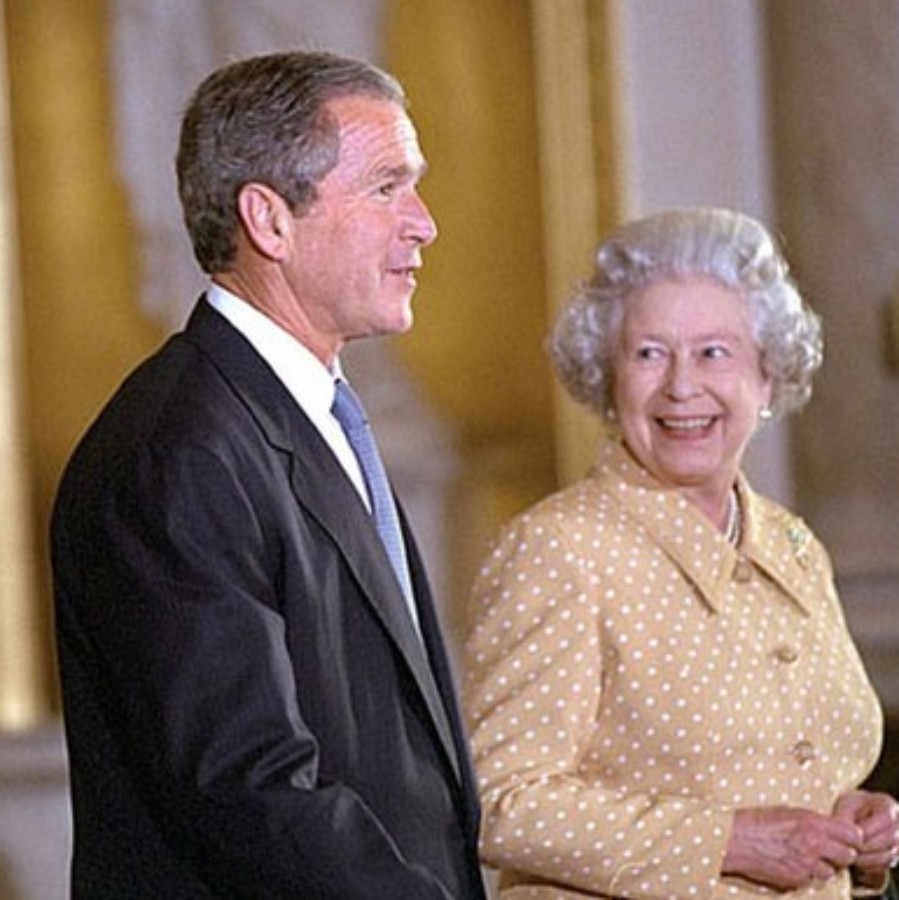Among most of the West, the death of Queen Elizabeth on Sept. 9 ignited a period of mourning and praise for the strong, stable monarch. But for England’s former colonies, the reaction was more complicated.
The Queen’s death has resulted in calls for Britain to return riches taken from Africa and South Asia. In these debates, the Kohinoor diamond takes center stage. The Kohinoor (meaning “Mountain of Light”) diamond has religious significance, believed by Hindus to be the jewel that was revered by a Hindu deity.
The British first acquired the invaluable diamond at the turn of the 19th century, when the British East India Company annexed territory in the Indian subcontinent. In addition to trading posts and spices, the British had their eyes set on an emblem of power and conquest: the Kohinoor diamond. Following the annexation of Punjab in 1849, Maharaja Ranjit Singh of Punjab was coerced into turning over the diamond to Queen Elizabeth through the Treaty of Lahore.
Currently housed in the Tower of London, the gem has been worn by generations of the royal family, including Queen Elizabeth at her 1953 coronation.
Senior Anagha Sudhindra is joined by millions around the world in advocating for Britain’s return of the Kohinoor diamond. “The Kohinoor diamond is more than just a jewel; it is a symbol of all the wealth and riches India once had, which was wrongfully confiscated by the British. It should have been returned to India long ago, but the Queen’s death intensifies the need to return the jewel. British officers have made it clear that the diamond will remain in their possessions, though,” she stated.
The push for Britain’s return of long-lost artifacts is not new. The Queen’s death has only exacerbated decades-old feuds, as former colonies have united in reclaiming their lost treasures turned imperial trophies.
Sudhindra continued, “If they agree to return the Kohinoor to India, soon all countries will be asking for their rightful riches back and Britain will be empty. The idea of going back to an era of power for the British and equalizing the playing field today is likely a difficult decision to face for officials in power.”
The Queen’s death also brought a wave of bitterness from former colonies in the African subcontinent. The Great Star of Africa, discovered in 1905 at a White-owned mine and subsequently taken by the royal family, is one of many African artifacts in the Crown Jewel Collection.
But Britain’s post-colonial impact extends beyond physical objects. Britain adopted apartheid-like practices during their rule, employing racist policies such as the Indirect Rule and the Settler Rule to maintain order. In the name of civilization, the British government exploited the African people and their resources. Now, the Queen is perceived as a symbol of oppression in places where the British Empire once extended.
Following the Queen’s death, many have expressed their contempt through social media, sparking heated online debates. “If anyone expects me to express anything other than contempt for the monarch who oversaw a government that supported the genocide that massacred and displaced half of my family (…) you’re dreaming,” Uju Anya, a Nigerian-American stated in a tweet.
Other prominent voices in politics have expressed similar beliefs. A statement by the Economic Freedom Fighters (EFF), an opposition party in South Africa, shared why they chose not to mourn the death of Queen Elizabeth. “To us her death is a reminder of a very tragic period in this country and Africa’s history. Britain, under the leadership of the royal family, took over control of this territory that would become South Africa in 1795 from Batavian control, and took permanent control of the territory in 1806,” the statement read.
As some parts of the world pay homage to the Queen, others are left recounting the horrors they faced under the Queen’s rule. British colonialism may be a thing of the past for western countries — but in its former colonies, the long-lasting effects are still a reality.









